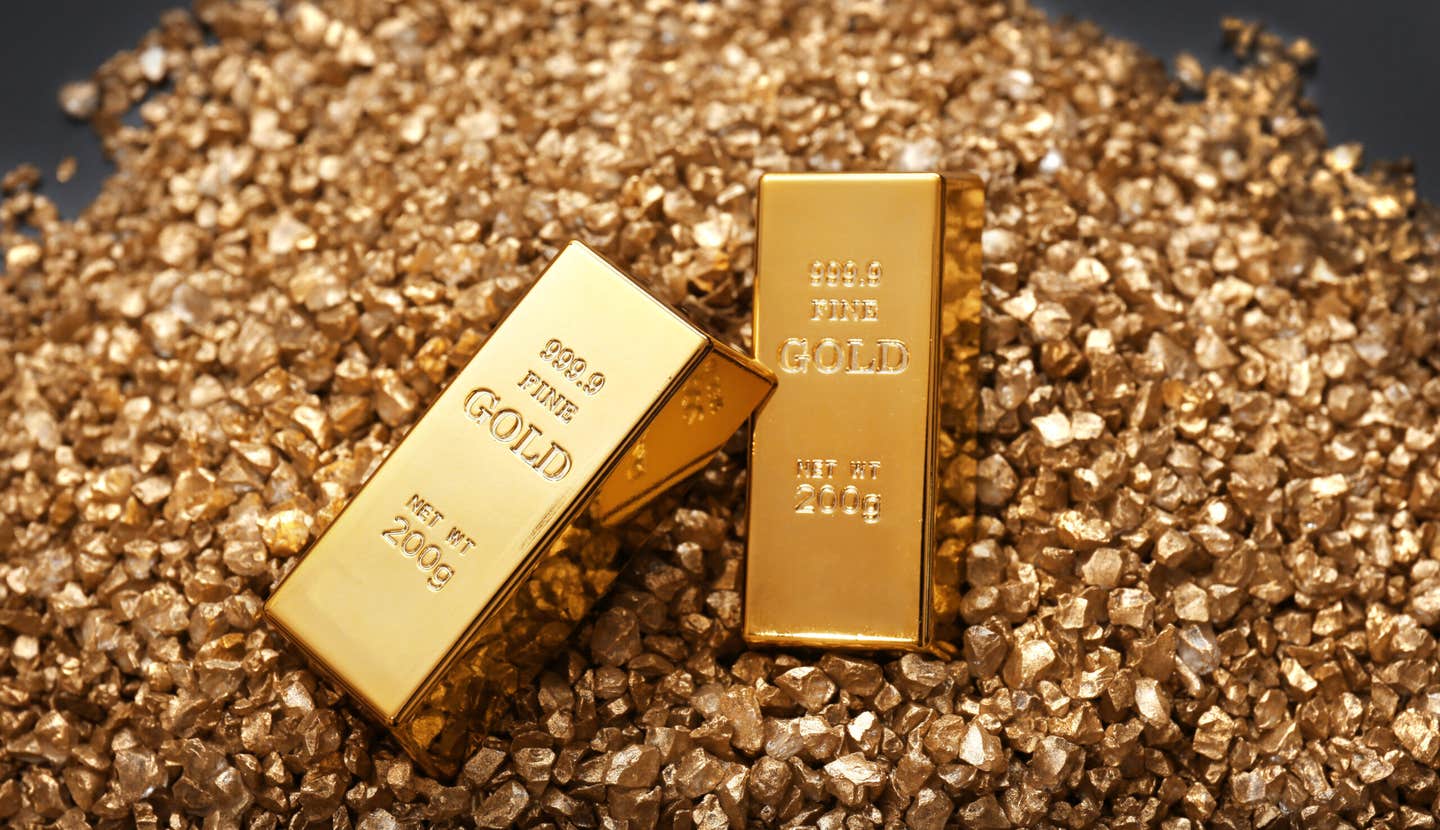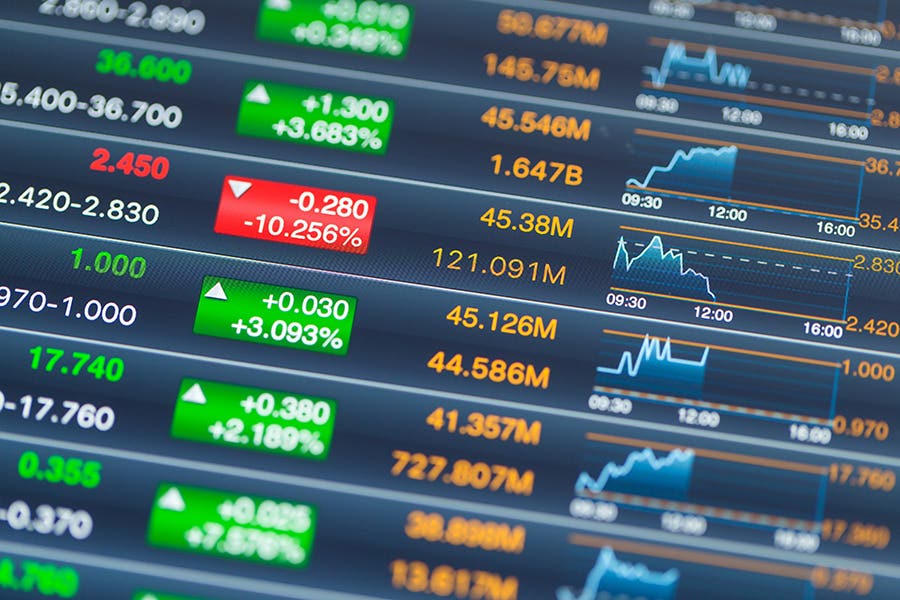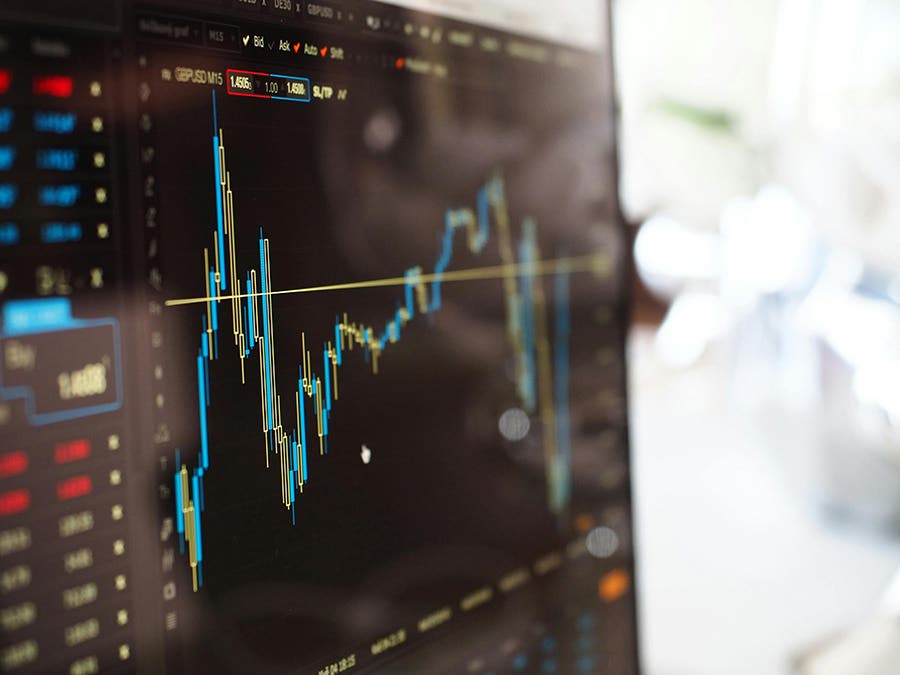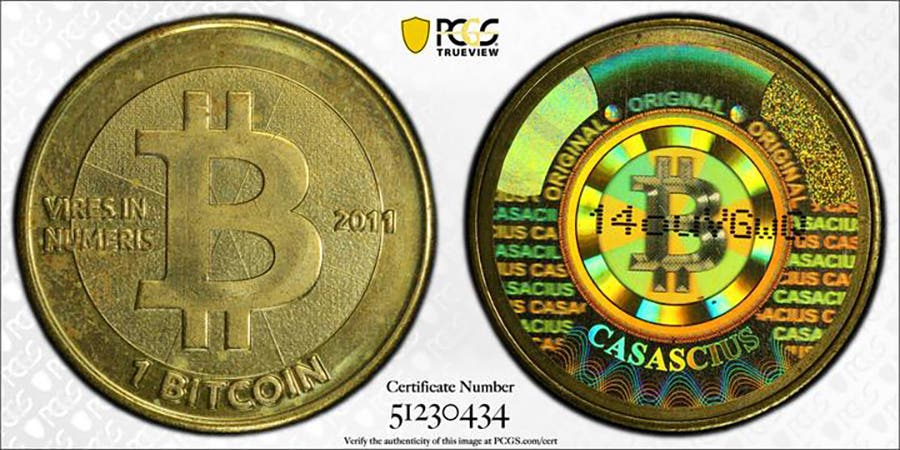Worrisome News for Precious Metals
Two months ago, Goldman Sachs announced that it had entered into a $500 million agreement to acquire the Perth Mint Physical Gold Exchange Traded Fund (traded in US markets under…
Two months ago, Goldman Sachs announced that it had entered into a $500 million agreement to acquire the Perth Mint Physical Gold Exchange Traded Fund (traded in US markets under the symbol AAAU). At the time, the Perth Mint did not itself disclose this pending transaction (which I consider a huge red flag for lack of transparency). The purchase was completed two weeks ago, with the name changed to Goldman Sachs Physical Gold Exchange Traded Fund, although still traded using the same AAAU symbol. Only upon completion of the sale did the Perth Mint disclose the change of ownership to existing shareholders of the fund.
When this ETF was originally sponsored by the Perth Mint (a wholly-owned subsidiary of the government of Western Australia) in the summer of 2018, each share of this fund represented 1/100thof an ounce of gold, making it more appealing and affordable to prospective investors compared to other ETFs where each share represented 1/10thof an ounce of gold. The government of Western Australia explicitly guaranteed the integrity of this ETF under the terms contained in the Gold Corporation Act of 1987. This was the first gold ETF sponsored by a government, though the Royal Mint and Royal Canadian Mint now have similar programs.
This ETF will continue to provide (theoretically) the ability to purchase physical gold bars meeting specifications for “good delivery” as defined by the London Bullion Market Association. However, there are several changes in the operation of this ETF that are worrisome.
- Originally the Perth Mint stored the physical gold backing the outstanding shares in “central bank grade” vaults in Western Australia—meaning at the Perth Mint. With the change in ownership, responsibility for storage is being switched to the London branch of JPMorgan Chase. It is not clear yet whether the existing vault storage will be continued in Perth with the physical gold becoming the responsibility of JPMorgan Chase or whether the gold will by moved to JPMorgan Chase’s vaults in England.
- This fund initially paid its expenses in gold ounces, which the Perth Mint could easily do, which minimized potential tracking errors between the prices at which shares traded and the price of gold. This method of covering expenses may change with the new ownership.
- The Perth Mint and the government of Western Australia no longer guarantee the integrity of this ETF.
- When operated by the Perth Mint, it was possible for investors to redeem their shares to receive gold coins and bars struck by the Perth Mint. That option is no longer available.
With the change in custodial arrangements to JPMorgan Chase, the physical gold will be managed by an entity with multiple bank and staff convictions and plea bargains for manipulating precious metals prices. This was never a problem for the Perth Mint. I am highly suspicious that it could happen that the physical gold held by this ETF could be leased or otherwise used to manipulate gold prices in the future. There is also a risk that title to the physical gold in this ETF could be compromised by hypothecation, meaning it could be used as collateral to other creditors of the bank or could become subject to multiple claims of ownership.
Should the payment of expenses no longer be paid in gold but in a paper currency, the value of the shares could (and I think likely) diverge from the value of gold.
With the potential for compromised ownership of the physical gold, the past guarantees of the Perth Mint and the government of Western Australia will no longer offer any recourse.
It is possible that any previous ability of shareholders to convert their shares into physical gold products could be restricted by requiring a minimum number of shares for such transactions or could be eliminated entirely.
There has always been a risk for the Perth Mint Physical Gold Exchange Traded Fund to default on one or more of its guarantees simply by a change in the laws or regulations. However, that risk was much lower than that of banks and commodity firms going into default, such as happened with MF Global Holdings in 2011.
It would be a normal event for Goldman Sachs to establish an additional US-traded exchange traded fund, with this being the 21stfor the company. However, as I have already alluded to, I fear a major reason for having acquired this particular ETF has as much to do with arranging to more easily manipulate the price of gold than to do with normal business operations.
The changes in this ETF’s operations highlight the risks of owning shares in such funds thinking that it is a convenient way to own physical gold. Ultimately, this is just another form of paper gold that carries the risk of default. As I have repeatedly warned in these columns, if you want to own gold, you need to possess the physical metal coins and ingots in your direct custody or stored in a non-bank vault in an account under your own name. If you think you own gold because of having shares in a gold exchange traded fund, you may find out to your dismay that you don’t own any.
Patrick A. Heller was honored as a 2019 FUN Numismatic Ambassador. He is also the recipient of the American Numismatic Association 2018 Glenn Smedley Memorial Service Award, 2017 Exemplary Service Award, 2012 Harry Forman National Dealer of the Year Award and 2008 Presidential Award. Over the years, he has also been honored by the Numismatic Literary Guild (including twice in 2020), Professional Numismatists Guild, Industry Council for Tangible Assets and the Michigan State Numismatic Society. He is the communications officer of Liberty Coin Service in Lansing, Mich., and writes Liberty’s Outlook, a monthly newsletter on rare coins and precious metals subjects. Past newsletter issues can be viewed at www.libertycoinservice.com. Some of his radio commentaries titled “Things You ‘Know’ That Just Aren’t So, And Important News You Need To Know” can be heard at 8:45 a.m. Wednesday and Friday mornings on 1320-AM WILS in Lansing (which streams live and becomes part of the audio archives posted at www.1320wils.com).








